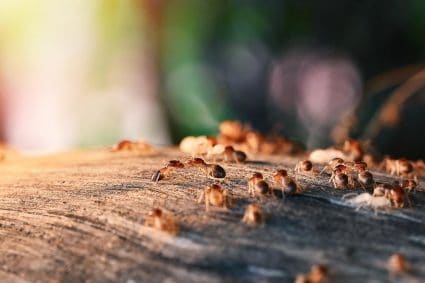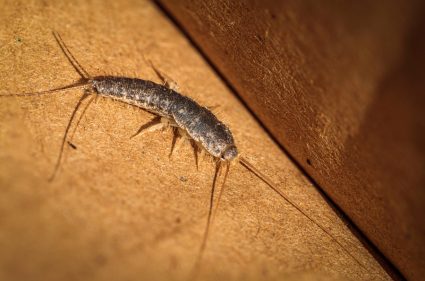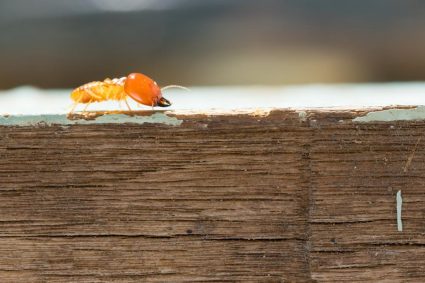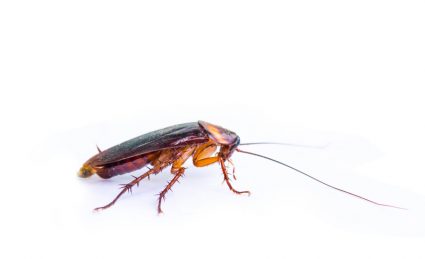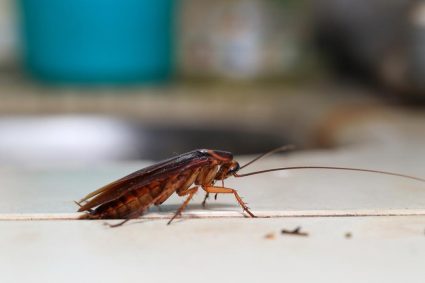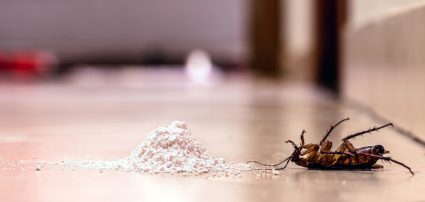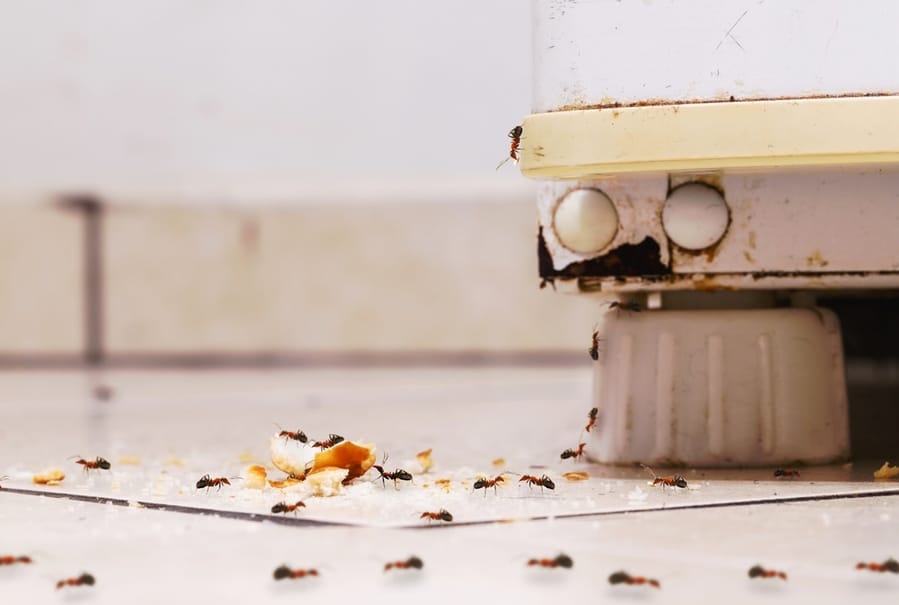
It is amusing how ants always have a way of invading the weirdest things. These tiny insects can invade anywhere, from houses to plants and electronics.
How do you feel when you discover them in your AC unit? Pretty scary and disturbed, right? Aside from the irritation or allergies they may cause, ants can permanently damage your AC unit.
In this article, we will walk you through five foolproof strategies you can deploy to keep them away from your AC unit.
Ants are one insect nobody wants around them; talk less of their AC unit. Although tiny, these insects can cause significant damage to air conditioning systems. So, in cutting to the chase, here are simple ways to deter these insects from your AC units.
- Keep the area around your AC units free of debris and soil heaps.
- Apply chemical-based repellants.
- Keep food crumbs away from the units.
- Install a sealed contactor for your AC units.
In the following headings, we will discuss five practical ways to frighten ants away from AC units and keep them out permanently. We will also answer some frequently asked questions about ant infestation. Let’s get started!
5 Ways To Keep Ants Out of AC Units
Ants are one insect that is rarely out of season. That is why you see them around all year round.
They are scavengers who are always in need of a new home.
Worst of all, they will always gather friends to live with them.
Below, we will consider five quick, easy, and practical techniques to keep every kind of ant from your AC unit:
1. Keep Edible Items Away From Your AC Units
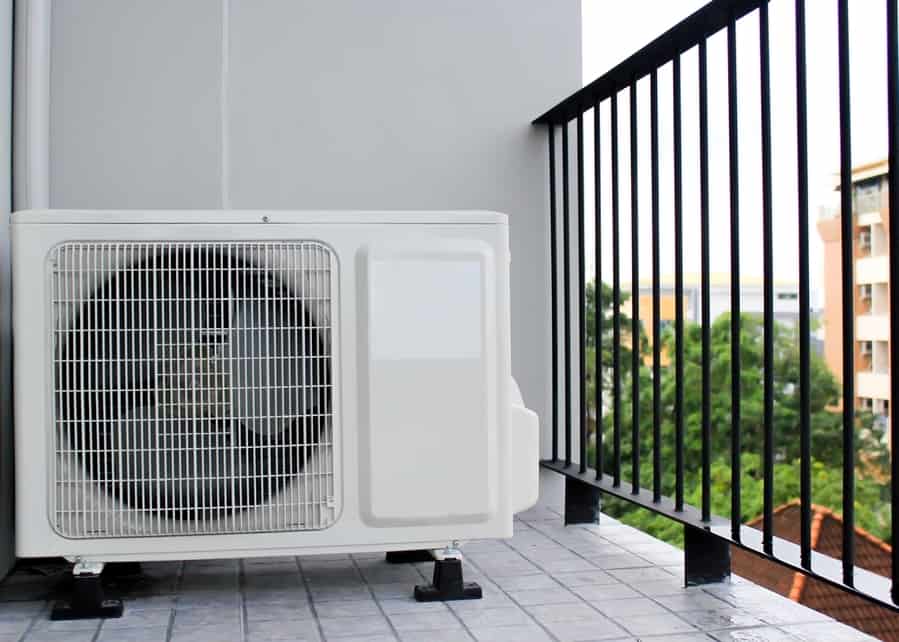
The first vital step to deter ants from your AC unit is to keep anything that can attract them away.
We mentioned earlier that ants are attracted to sugary substances. Therefore, you can’t escape an ant infestation if sugary items are around your AC units.
Substances like cake crumbs, fruits, and veggies should be far from your AC unit. Also, trash containing food remains should be placed at a distant location from the units.
These ants may originally intend to enter the AC unit. However, they can be redirected if these sugary edibles are nearby. This possibility would mean that you should check your AC units regularly for these items and clean them accordingly.
You may wonder how these edibles would get close to your AC unit in the first place. Imagine opening your window to say hi to someone while eating a snack.
The kids could play in the backyard, and while watching them, you could sit close to the AC unit and munch on some fruits. Of course, some of these activities are inevitable, but you could always clean off the edibles once you notice them around the units.
2. Remove Debris Around Your AC Unit
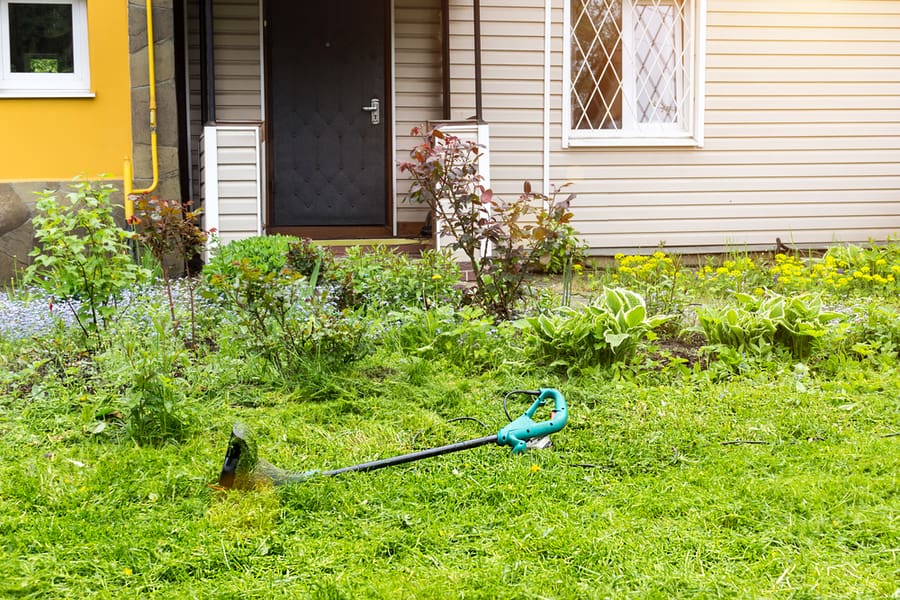
There is something about ants and plants/the earth/soils. If you have weeds or unnecessary heaps of sand around your AC unit area, you should clear them to avoid an invasion.
Again, these plants and debris may be the initial attraction for ants. However, upon exploring the plants, they may see your AC unit as a greener pasture and find their way inside.
So, take them out immediately if you notice plants growing around the house and AC areas. Always keep your AC unit’s surroundings clean and devoid of anything that would attract ants.
3. Use Powdered Insecticide
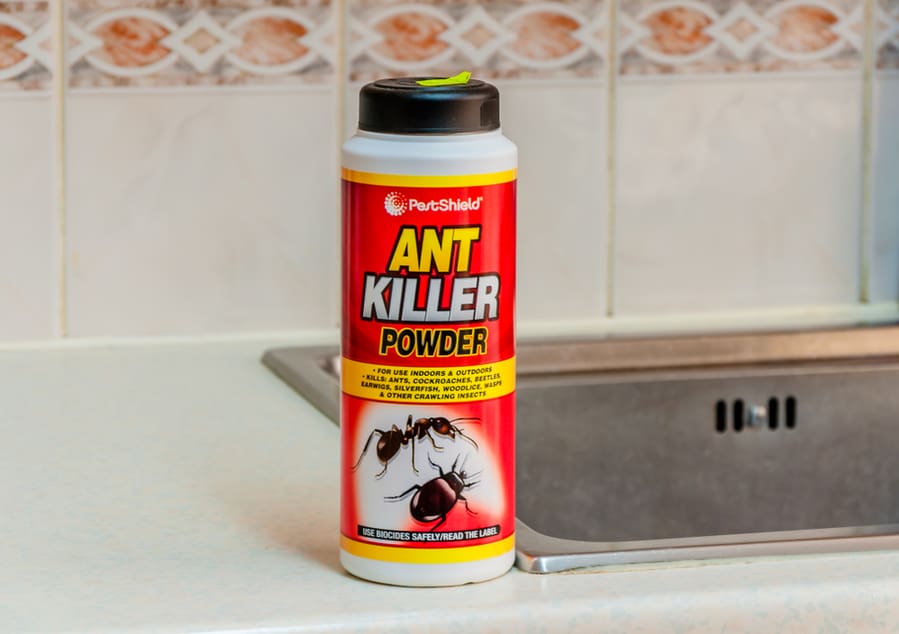
After tidying your AC unit area, sprinkle some insecticide powder around it. This powder serves as a repellant in driving away ants and similar species.
It is the same way you use camphor and rodent powder around your walls to drive insects and rodents away. The smell of these insecticide powders at a distance can help keep ants out of your AC unit.
For stubborn ants that insist on coming to the powdered area, the powder instantly paralyzes their nervous system and kills them.
You have nothing to worry about using this method during spring, as the rains won’t wash out the powder easily.
You can get powdered insecticide in local hardware stores and online marketplaces.
4. Try Other Chemical-Based Ant Repellants
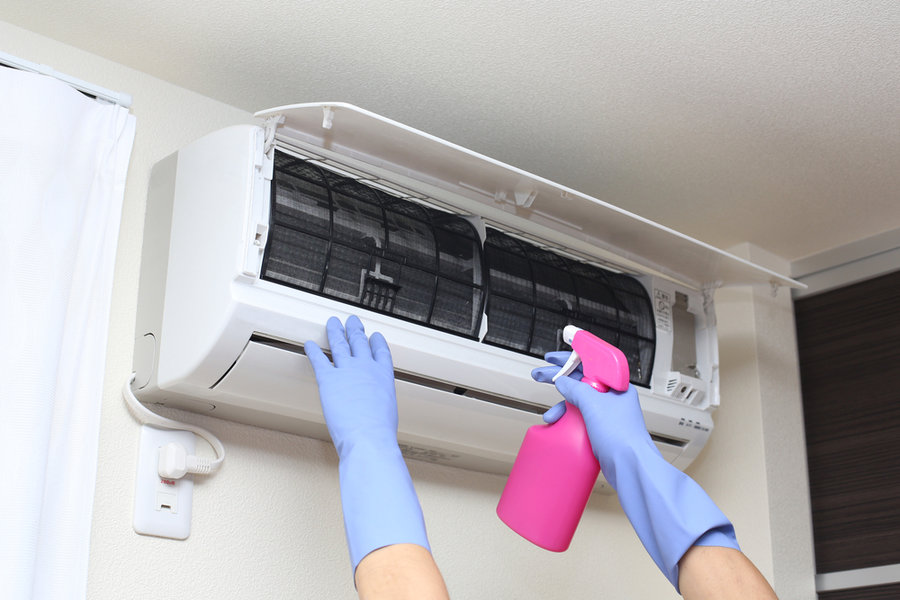
Aside from the powdered insecticide we mentioned above, you can also use other chemical-based repellents to eliminate ants. Boric acid, for instance, is a popular repellant that yields good results.
While boric acid is highly potent in deterring ants, its smell can be toxic, especially to little children and pets. So, we advise you to wear gloves and a nose mask when using them.
Also, if kids and pets are in the house, keep them away from areas where you sprayed the acid.
You can also make a DIY repellent and apply them around your air conditioner unit—mix baking soda with a bit of sugar, detergent, and water. Suppose sugar is unavailable. You can use honey instead.
The sugar/honey is the bait to attract the ants, and the chemicals in the detergent and baking soda kill them afterward.
5. Buy a Sealed Contactor for Your AC Unit
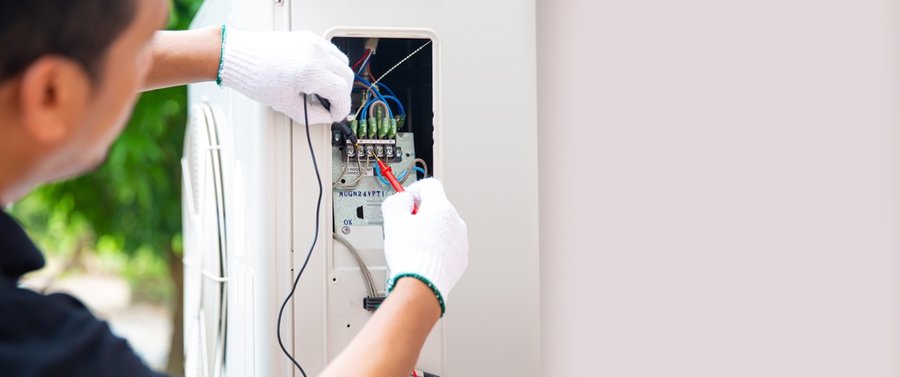
Since the invasion of ants into your AC unit can cause anything but good, you should upgrade the contactor in your unit to a sealed/closed one.
A contactor regulates the current flow in the AC unit and automatically closes when there is a current supply. However, the contactor remains open when there is no supply of current in the AC, and ants can invade the little space there.
Buying a sealed contactor can reduce such risk and render the presence of ants inside the AC insignificant. However, while installing sealed contactors can help keep ants away, it is relatively costlier than other ant-repelling strategies.
So, you may want to confirm if the cost fits your budget first.
Except you are good with your hands, do not attempt to install the sealed contactor yourself. Instead, it is best to invite a professional AC technician to handle the upgrade. This way, you can avoid complications entirely.
You can contact the same AC company that installed the units initially to undertake the job.
Conclusion
Ants are one insect nobody wants around them; talk less of their AC unit. Although tiny, these insects can cause significant damage to air conditioning systems.
Above, we described some foolproof strategies you can deploy to deter these insects away permanently. These include keeping edible items away from AC units and removing plant debris from the unit area.
You may also want to apply chemical-based repellents. But more importantly, install a sealed contactor for your AC unit.
It will also help if you cover up holes and other possible entry points into the unit.
Using these methods, you can wave goodbye to the invasion of these tiny insects in your AC units.
Frequently Asked Questions
Why Do Ants Love To Enter AC Units?
Ants could get into your AC unit to enjoy the heat from the current flow. They may also feel the magnetic pull on the wires and seek to keep themselves warm by it.
They typically creep into the AC units through any space they find. This is not surprising considering their tiny size anyways.
What Damages Can Ants Cause in AC Units?
A whole lot of damage! From short-circuiting to overheating to permanent malfunction of your AC unit, we cannot overemphasize the damages ants can cause your air conditioner unit.
Even after they die from excessive heat within the unit, their bodies emit chemicals harmful to some parts of the AC. Over time, this can make the AC unit start to malfunction.
What Are Natural Ant Repellants?
Natural repellants include mint leaves or oils, lemon, black pepper, salt, bay leaves, cinnamon, etc. However, any mint-related substance is very repulsive to ants, and they avoid any area with such items.
You can apply these repellants around ant-infested areas or on their trails. They can help keep ants away permanently.

